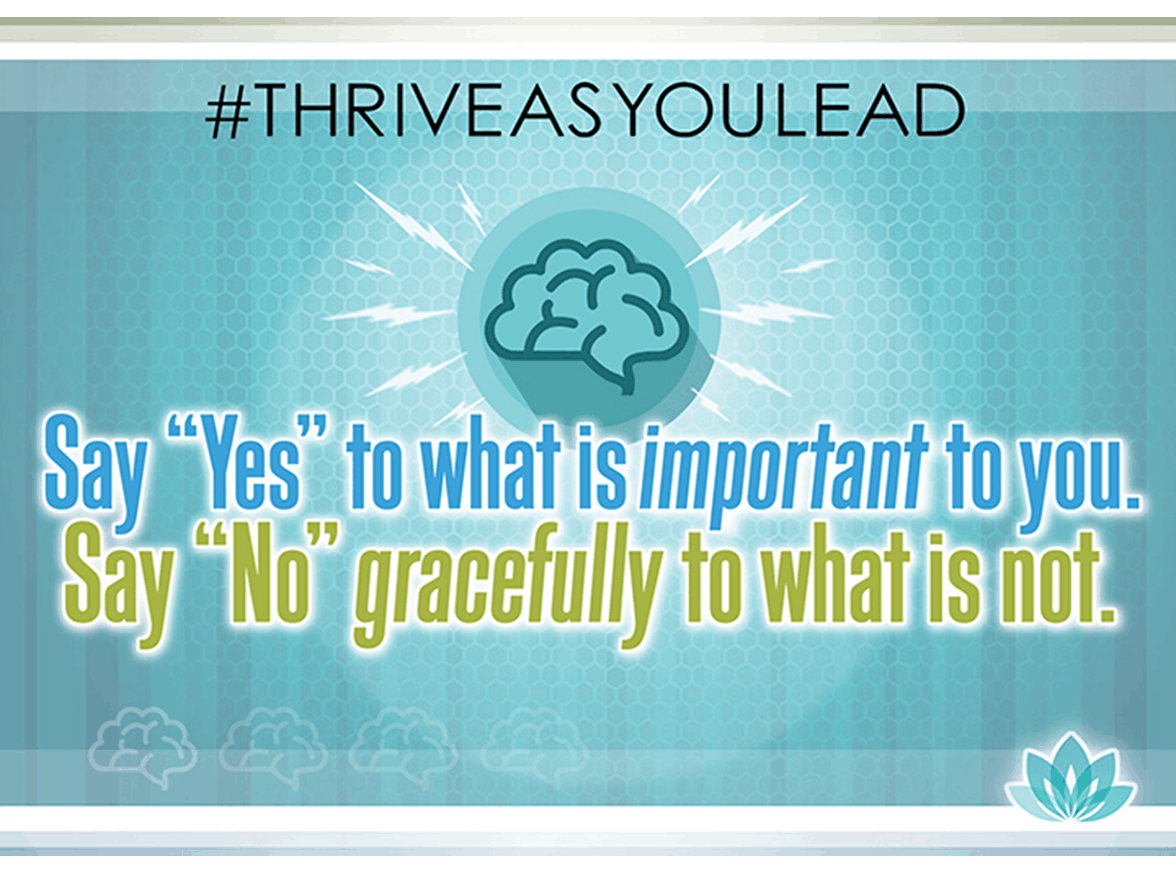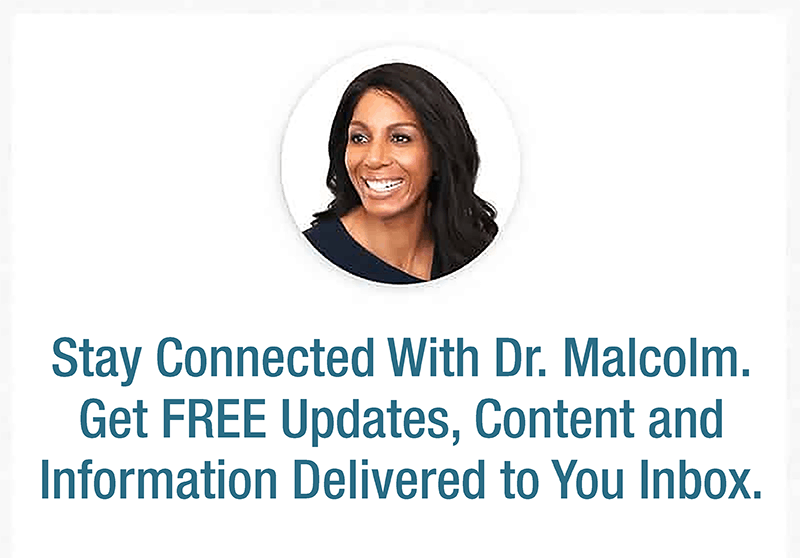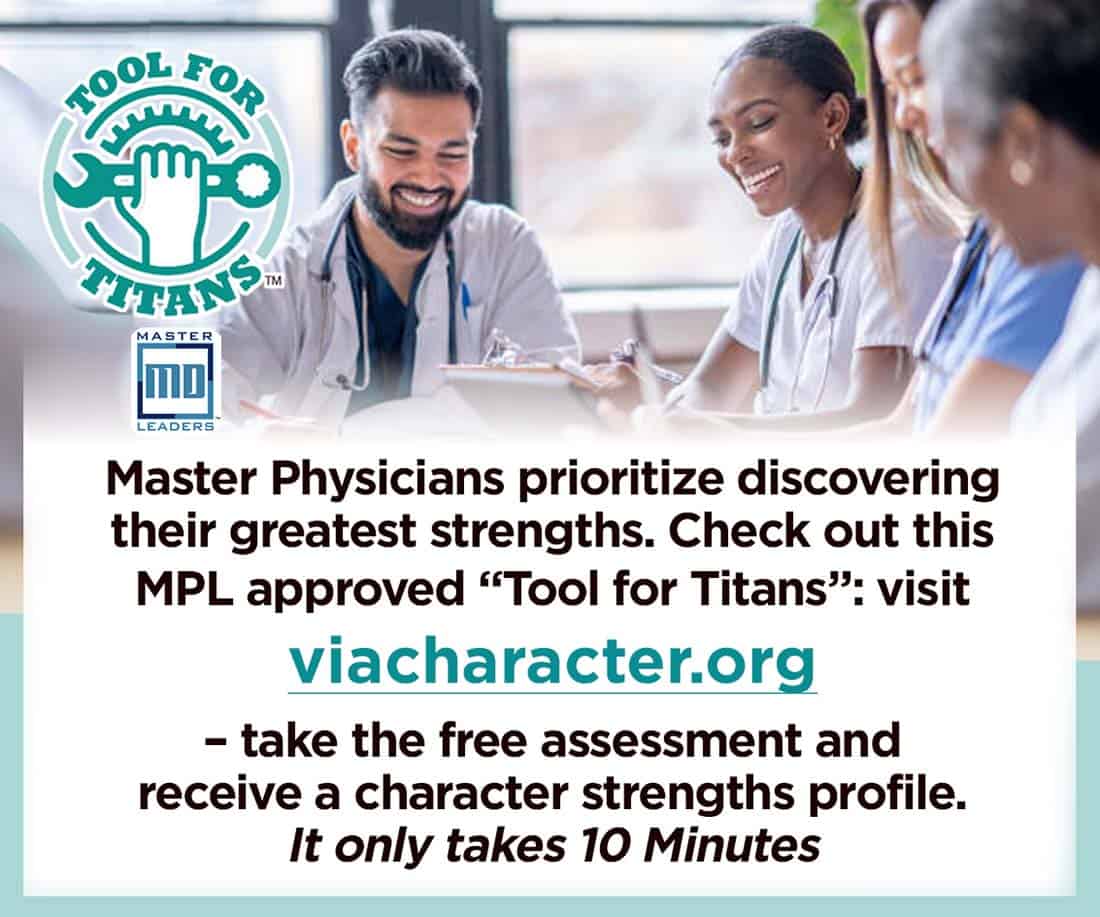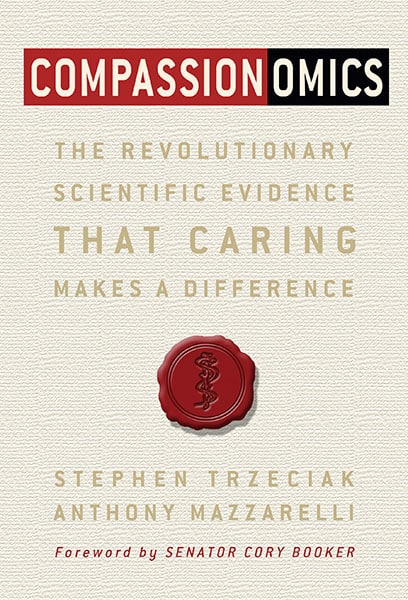The First 90 Days – Sign Up here to begin this free course
The First 90 Days

Personal power is about our sense of being capable and being confident in the world. It’s the inner knowing that you can solve the problems life presents, and the conviction in your own ability to succeed. It’s being able to distinguish between the things you have control over, those you do not, and not stressing over the latter.
It’s the belief that you can set the direction of your life and do.
Personal power is important because it gives us and others confidence in our ability to solve problems and to achieve results. When we believe that we can solve the challenges life presents, we unleash our ability to convey our ideas and solutions assuredly. People with a highly developed sense of personal power also are able to define themselves from the inside out (“I’m creative,” or “I’m good at resolving conflicts,”) rather than from the outside in (“I’m a doctor,” or “I’m a medical director”).
People who score high in the competency of personal power have an inner calm conviction about who they are and their ability to get the thing they want and need in life. It is a critical emotional intelligence competency that reveals itself in the ability to confidently take on new challenges, have difficult conversations, and to stand up for what we believe despite opposition and disagreement that enlists others to follow.
Personal power is setting and keeping boundaries.
Without knowing what we want to say “yes” to, it’s almost impossible to know what to say “no” to when a request shows up. Despite uncertainties or ambiguity, people with a strong sense of personal power can comfortably make decisions that move them closer to their priorities, and if it moves them farther away, politely decline. They set and remain faithful to healthy boundaries, personally and professionally, because boundaries give them the freedom to become the person they wish to be. They are assertive, not aggressive, and confident, not egotistical about the degree to which they believe they can meet life’s challenges and live the life they choose.
Tip #2 – Say “Yes” to what is important to you. Say “No” gracefully to what is not.
Strategy #2 – Before saying “Yes” to anyone or any project, ask yourself the following question: “By saying yes to this, will that force me to say “no” to something else that’s important to me?” If the answer to that question is “Yes it will,” then evaluate its importance, staying true to your priorities.
Here are a few questions to get you thinking about what you want to say “yes” to:
- What’s most important to you regarding your closest relationships?
- What’s most important to you regarding your career?
- What’s most important to you when it comes to how you want to spend your time?
- What’s most important to you in terms of fun and recreation?
Remember: Boundaries don’t separate us from life; they enrich it.
Related Articles
First 90 Days Introduction
First 90 Days Lesson 1



